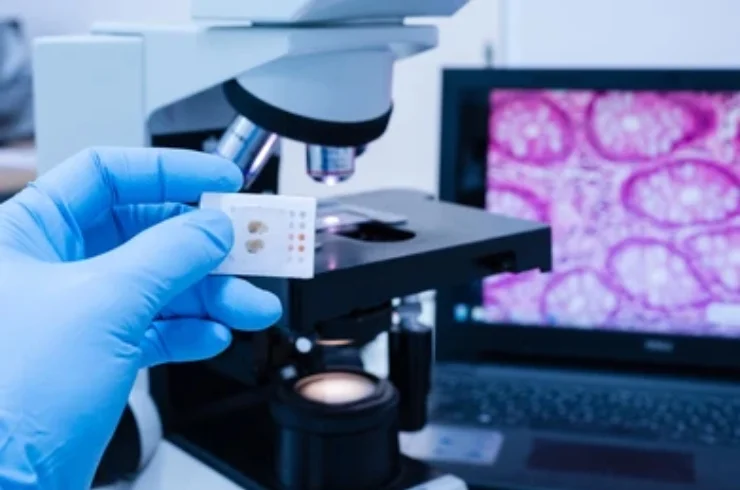Clinical Pathology

Clinical pathology focuses on the diagnosis of diseases through the examination of bodily fluids and tissues. This branch of pathology plays a pivotal role in identifying health issues, monitoring disease progression, and guiding treatment decisions. Clinical pathology encompasses a wide range of tests designed to evaluate various physiological and metabolic processes within the body.
Key Clinical Pathology Tests
Urine Routine and Microscopy:
Examines the physical, chemical, and microscopic properties of urine to detect urinary tract infections, kidney diseases, and metabolic disorders.Stool Examination:
Analyzes stool samples to identify gastrointestinal infections, parasitic infestations, and digestive system abnormalities.
Urine Pregnancy Test:
A reliable and non-invasive method for detecting pregnancy by identifying human chorionic gonadotropin (hCG) hormone in urine.Semen Analysis:
Assesses male fertility by evaluating sperm count, motility, and morphology, aiding in infertility investigations.Urine Bile Salt and Acid Test:
Detects liver or gallbladder dysfunction by analyzing bile components in urine.
Why Clinical Pathology Matters
These tests provide valuable insights into the body’s internal functions and are essential for diagnosing infections, hormonal imbalances, and organ dysfunctions. Early detection of abnormalities through routine clinical pathology testing can prevent the progression of diseases and improve treatment outcomes.
Modern clinical pathology laboratories use advanced technology and standardized protocols to ensure accurate and timely results. These services are a cornerstone of preventive healthcare, offering comprehensive diagnostic support to patients and healthcare providers alike.
